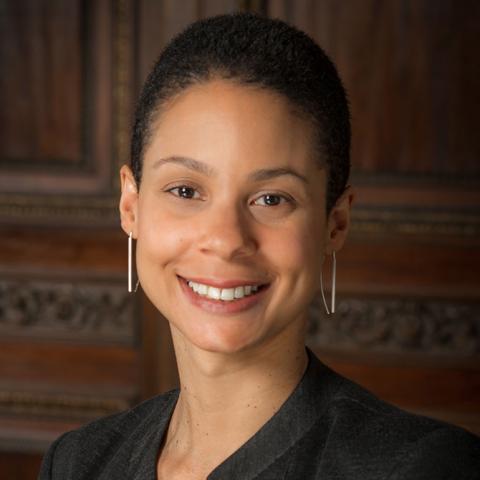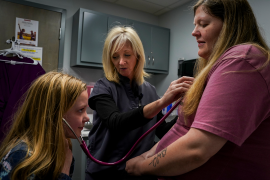I am pleased to announce the call for applications for the 2014–15 Mongan Commonwealth Fund Fellowship Program in Minority Health Policy, through which The Commonwealth Fund supports training for physician leaders who are dedicated to creating high-performance health systems for vulnerable populations.
The need for leadership in this area is enormous: there is a well-documented divide in our health care system, with vulnerable populations—including low-income groups, the uninsured, and racial and ethnic minorities—having greater difficulty obtaining health care, receiving worse care, and experiencing poorer outcomes than other groups. Vulnerable populations also are more likely to face personal, social, and financial challenges, such as lack of transportation, unstable employment, or unsafe housing, all of which may contribute to poor health and create obstacles to accessing care. Insurance coverage expansions under the Affordable Care Act will bring millions of these vulnerable patients—many with complex needs—into the health care system. At the same time, health care providers are increasingly being held accountable for improving health care and outcomes for vulnerable patients.
Since 1996, the Mongan Commonwealth Fund Fellowship Program in Minority Health Policy has played an important role in developing a cadre of leaders who are trained in health policy, management, and clinical medicine, and are committed to promoting policies and practices that improve access to high-quality care for vulnerable patients. The program was recently renamed in honor of James J. Mongan, M.D., an innovative leader in health care delivery system transformation who had a strong commitment to improving care for vulnerable populations. Based at Harvard Medical School, the fellowship provides supports for up to five fellows to participate in a one-year intensive academic program leading to a master of public health (M.P.H.) degree at the Harvard School of Public Health, or a master of public administration degree (M.P.A.) at the Harvard Kennedy School for those already possessing an M.P.H. Fellows also participate in forums and seminars with nationally recognized leaders in health care delivery systems, minority health, and public policy. Selected fellows also may choose to participate in a second year of practicum experience in a health care delivery system setting, government agency, or policy-oriented institution to assist them as they make the transition to the next stage in their careers.

Over the past 17 years, the fellowship program has created a national network of fellows committed to improving the health of vulnerable populations. Alumni fellows have held leadership positions in 26 different states and a variety of health care delivery, government, and policy settings, including the U.S. Department of Health and Human Services, correctional health systems, the Indian Health Service, safety-net health systems, academic medical centers, and public health departments. Fellows are working to improve the health of society’s most vulnerable groups, including economically disadvantaged communities, racial and ethnic minorities, immigrant populations, and homeless individuals.
As a pediatrician and a graduate of the fellowship program, I can attest to its tremendous value. Not only does it provide rigorous academic training, it also gives fellows access to an amazing network of health care leaders and alumni fellows and enables them to leverage their clinical backgrounds to support system-level changes. I strongly encourage physicians interested in improving care for vulnerable populations through health system leadership and health policy to apply for the 2014–15 fellowship by December 16. For additional information about the fellowship, eligibility requirements, and application process, please visit: http://www.mfdp.med.harvard.edu/fellows_faculty/mcff/index.html.



